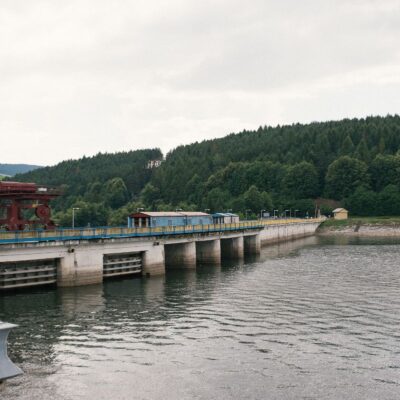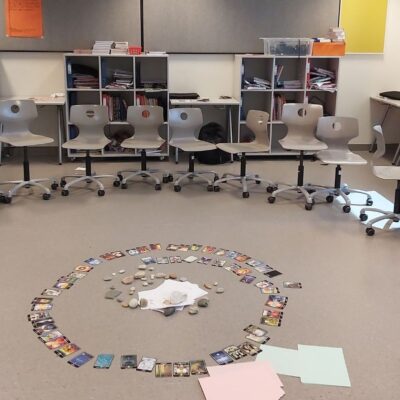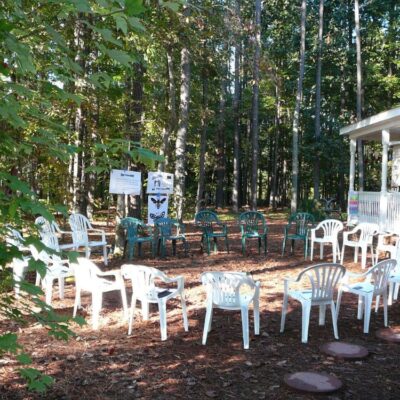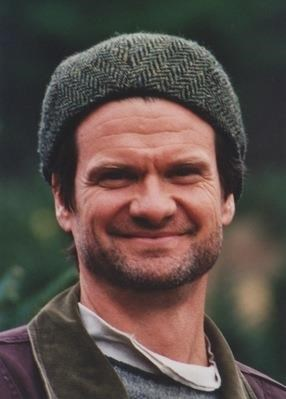
I was speaking with a participant in a workshop. She wanted to talk with me about her frustration. In her organization, they are encouraging people to take leadership for their own areas of expertise. In her experience, her manager never gives space for that. He says he trusts people but doesn’t act that way.
I have been thinking about this story because it brings up an important part of change processes that are overlooked. The thing is, even with great intentions, even with great knowledge of what needs to happen, nothing will change unless capacity is built for the new reality that is being imagined.
This story is not unique. Actually, it’s very common and widespread. In this case, it is an employee speaking about her manager. Other times I hear managers express frustration about how their employees are the ones not living up to the change. I have even had the experience that an employee tells me that their manager doesn’t give them space and that same manager tells me that employees don’t take initiative. It becomes a spiral of misunderstanding coursing through the veins of the organization.
In these moments people confide in me that they think this has something to do with an aspect of the other person(s) personality. “You know, she’s a millennial,” or “she’s over 50” or “he’s doesn’t have a university education.” If they have learned any number of psychological profile tests it may be because he or she is “blue” or “red” or whatever color is different from the person who is talking to me. The plethora of possible shortcomings of the other is practically infinite.
While it can be fascinating to analyze our psychology and undoubtedly there are issues about generations, I am quite sure these are not the reason for most of the issues they describe.
The Challenge of Giving Power to a Team
As I said to my participant, I am not surprised that her manager is having a difficult time giving power to his team. Throughout his career, both in education and in the workforce, he’s most likely been taught to do the opposite. So even if he wants to change, he may not have developed the capacity — the skills, practices, attitudes, and muscles to DO so. Especially when it comes to learning how to shift from an organization that works on the basis of control and hierarchy to one that wants to work on the basis of collaboration, participation, and distribution of power. Usually, if people have been through traditional education, there has been very little attention paid to strengthening the necessary skills, attitudes, and conduct necessary to do this. This is true for both the manager and the employee, regardless of other factors, the challenge faced comes from somewhere different.
When it comes to giving people more freedom to take their own leadership in an organization usually people in power not only lack capacity, but they have actually been strengthened in the opposite direction.
I have been wondering why this happens, why does there seem to be a blind spot about building capacity? I think that in our cultural conditioning there are a few things that contribute to this.
Mistaking Information for Knowledge — The Curse of Easily Accessible Information
The first has to do with mistaking information for knowledge. In one way, we live in charmed times when it comes to access to information. Huge stores of information about just about everything are at our fingertips. This has many positive aspects and a few downsides. You don’t need to work to find the information. Just because you know something doesn’t mean you can do anything with that information — Information is not knowledge.
Knowledge comes from entering into relationship with something and “making it yours” so you can transform it into practice. To take a simple example, you may know all there is to know about white water rafting. You know the names of the boats, the names for different rapids and currents. You know the best seasons to raft and even which parts of specific rivers are the most tricky and exciting. You may have read all about different materials and paddles and life preservers reading about their unique characteristics and drawbacks. If you haven’t gotten into a boat and paddled down the river all of this information is useless. Not only that, but you would be deluded to think that just because you have all of this information and watched a YouTube video about paddling, you can paddle down a wild river the first time without endangering yourself and others. Information without knowledge makes you dangerous to yourself and others pure and simple, regardless of whether you make it to your destination.
I would hope that the people who care for you and teach you about rafting do more than just packing you with information and offering a few exercises in a swimming pool with waves before they sent you off. To go down the most challenging river hopefully, you will have to master many subtle and not so subtle skills, and judgments and feelings and there is only one way you can do that. You will need to raft over and over again, falling into a river a number of times, having near misses and scary situations that you regret and having amazing peak experiences of beauty and excitement and great insight in other moments. Hopefully, those who are supporting you will give you structures and frameworks that you can continue to hone on your own. If you are very lucky they will give you space to reflect on what you are learning and you are able to learn from your experience to turn it into hard-won knowledge.
Maybe my example seems obvious. Of course, you need to do that on a raft, it’s dangerous, you can hurt yourself and others, and it’s physical. Perhaps it doesn’t feel the same when talking about an organizational setting. Yet I think it is. Making changes to the structure of how we work with one another is also more than just understanding how to do it. It also requires building new muscles. It requires experience and a framework to place what is happening in a context so that you can learn. It requires making mistakes and being courageous. It requires peak experiences and powerful ah hah’s. I also wish for all people in this situation there is someone willing to give the subtle guidance that opens the door to distilling knowledge from the “river of experience and information that is being navigated.” I believe in building the capacity to make sure that those who are tasked with making deep changes have developed the capacities necessary to make it work. I also know that, like white water rafting, you can do harm to people and yourself if when you don’t pay attention to building capacity for the change that is envisioned.
Humans are great learners so beware of what you teach
Going back to my conversation above with the participant, one of the other things that came up in conversation was that much education that people have been through in traditional institutions of higher education is not geared toward building the capacity for collaboration and participation. It is not set up to build the capacity for creating cultures where there is shared leadership. If you look back upon your education you may see this. Take a look at what capacities were being built in your background? For example, if you want independent thinking but not seeing it in students you may want to ask how are you encouraging that skill? As someone who has worked for a long time in education, I have seen very little attention going to developing independent thinking. Instead, often people develop their capacity to please educators with answers that lie within the frame of what the educator has deemed to be important. So no original thinking, of course not, you get punished for that, any smart learner would quickly learn NOT to do it. So when all of a sudden, a person is asked to think originally it is hard. Not only have they not flexed the muscles of learning how to do this effectively, but they also may connect back to the visceral experience of being punished — feeling ashamed for example — when you did it. So capacity is being built all the time, just maybe not for what you want as the outcome. Please make no mistake, I believe that everyone has great intentions. I may truly want to encourage independent thinking, but if I haven’t thought about what that means for the larger picture then I may be shooting myself in the foot.
I think this point also provides a key to doing this better. If you want an organization to thrive with change or to have people take responsibility for their own work, then you can rely on them being good learners. So think about the capacities that you are wanting to develop that make it possible to succeed.
Here are a few things you can begin thinking about as you start to consciously work with capacity building.
- Shift the focus away from personal shortcomings and instead think about what new muscles/new capacities need to be built, in order for the organizational change that is desired, like sharing leadership.
- Take seriously the need to build up experience with these skills in real-time and with real issues.
- Devise frameworks where people are able to come together to reflect upon and learn from their experiences.
- Instead of judging performance or outcomes, look at what is learned by each experience as a gateway to building knowledge.
- Keep at it, continue to practice even when it is uncomfortable and when it seems a bit painful or annoying. You grow your muscles by repetition, not by shifting to something new every time you hit a hurdle.
- Set moments where people can look back at all of the progress they have made celebrating their accomplishments and acknowledging their struggles.
- Finally, when people come together, think about how the way you meet contributes to building the capacity that you want people to build. An example can be, if you want there to be more participation and leadership distribution in a team or organization, then make sure that every time you meet, the way you come together invites learning on that level, for example coming together using Whole Person Process Facilitation. Whatever method you choose, remember to look at what muscles it builds for the change you want to see in the world.
This perspective of capacity building can shift the entire experience of change from one of feeling inadequate and frustrated for lack of performance or slow progress to one of excitement and discovery of how to make things right. Focusing on building capacity can give people the opportunity to acknowledge the power of learning together and the compassion of each other’s learning path.










Elisabeth Tepper
Dear Doris,
I loved this article and the example about rafting is so enlightening!
Gracias siempre